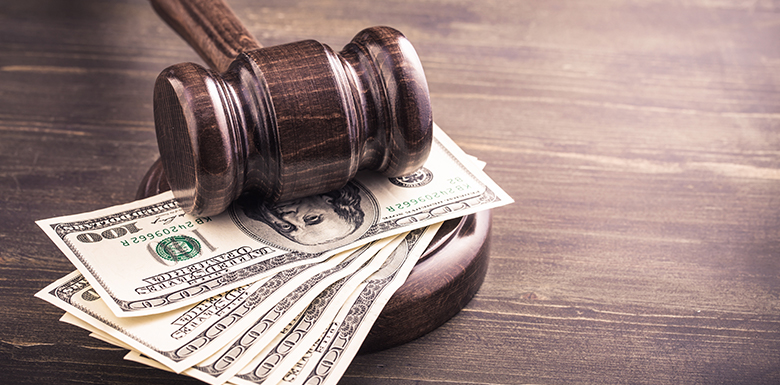How To Get Rid of Debt After a Divorce
Published: Jan 27, 2020 in Divorce
Written by Anthony Piccirilli
When divorce happens, there are so many issues to resolve. If children are involved, establishing a new routine of care for them is most important. But intertwined in custody and property division is handling debt in the marriage.
Once the court files the final decree and orders, you might wonder how to get rid of debt after the divorce. The experienced Pittsburgh divorce lawyer at Pittsburgh Divorce & Family Law, LLC, can help you understand all of your options for dealing with debt before, during, and after divorce. We work hard to lessen your debt obligations during a time when your income might decrease because there are no longer two wage earners or due to paying support. And we can advise you on options to eliminate debt after divorce.
Contact us for a confidential consultation regarding divorce and debt. Call (412) 471-5100 or email for an appointment.
How Marital Debt Is Divided
When there’s a divorce, marital debt issues must be resolved. Sometimes parties reach an agreement, and other times the court must decide after a trial. Remember that state law may dictate certain divisions of assets and debts. In the end, the court is trying to find an equitable solution for all.
Categories of marital debt divided typically include:
- Mortgage
- Auto loan
- Medical
- Joint credit card
Our skilled divorce attorneys learn your financial picture so they can fight for a fair resolution of marital debt. By doing so, your post-divorce financial position will improve. Without a divorce lawyer on your side, you may have more marital debt than you should.
Debt Solutions After Divorce
Once your divorce is finalized, and you know what debt exists, it’s essential to plan to resolve it. Besides working to reduce or eliminate your portion of marital debt, you may have debt that was your sole responsibility, such as a credit card in only your name or your school loans.
After divorce, many people find their finances more challenging. Instead of having two wage earners, there’s just one income to support your living expenses and pay the debt. You may also have child support obligations that you did not have previously.
- Steps you can take to resolve debt post-divorce:
- Use online budget resources. These programs can track income, debt, investments, and savings. For example, Mint allows you to link all your creditors to the account so that you can see how much you owe and when payments are due. By also linking your bank accounts, you’ll see your balances at all times. There is a budget feature, so at a glance, you know whether you are overspending in an area.
- Talk to a credit counselor. If your credit suffered during the marriage, you may want to speak with a credit counselor for ideas on how to improve it. Just be careful that you select ones that have no fees, such as the non-profit GreenPath.
- Refinance or renegotiate debts. Now that you know what debts are yours alone, you may be able to renegotiate your monthly payments with your creditors. Or, you may qualify to refinance or consolidate your loans.
- Ask family or friends. If you have people that can loan you money to help with your debts, don’t hesitate to ask. Your family and friends understand that getting back on your feet after divorce is hard.
- Liquidate assets. You may find that selling the newer car and eliminating the big payment is a good idea. Or if you ended up with the marital home, selling it and using proceeds to pay down debts.
- Bankruptcy may be an option. No one wants to file bankruptcy, but you may need to consider it if there is no way to pay your creditors.
What if Your Ex-Spouse Fails To Pay
Having experienced divorce counsel that understands how to protect you from your ex-spouse’s failure to pay their debts is vital. A divorce agreement doesn’t trump a loan obligation under both names. So before finalizing the divorce, those obligations need to be changed, so they are only in the person’s name responsible for the future debt.
When joint debts remain, but your former spouse is supposed to pay it and doesn’t, you are responsible. The lender won’t care what the divorce decree says. That’s why it’s crucial to work with Pittsburgh Divorce & Family Law, LLC. We know how to protect you if the ex fails to pay.
Contact Us To Discuss Debt After Divorce
One of the many issues to work through in a divorce is dividing marital debts. The worst thing you can do is to make an informal agreement in a do-it-yourself divorce. By working with our experienced divorce attorney, you know you’re paying what is fair and that you’re protected from your former spouse’s failure to pay. By implementing a few strategies for eliminating divorce debt, you can be on your way to financial wellness.
Contact us for a confidential consultation about your divorce case. Call (412) 471-5100 or email for an appointment.
